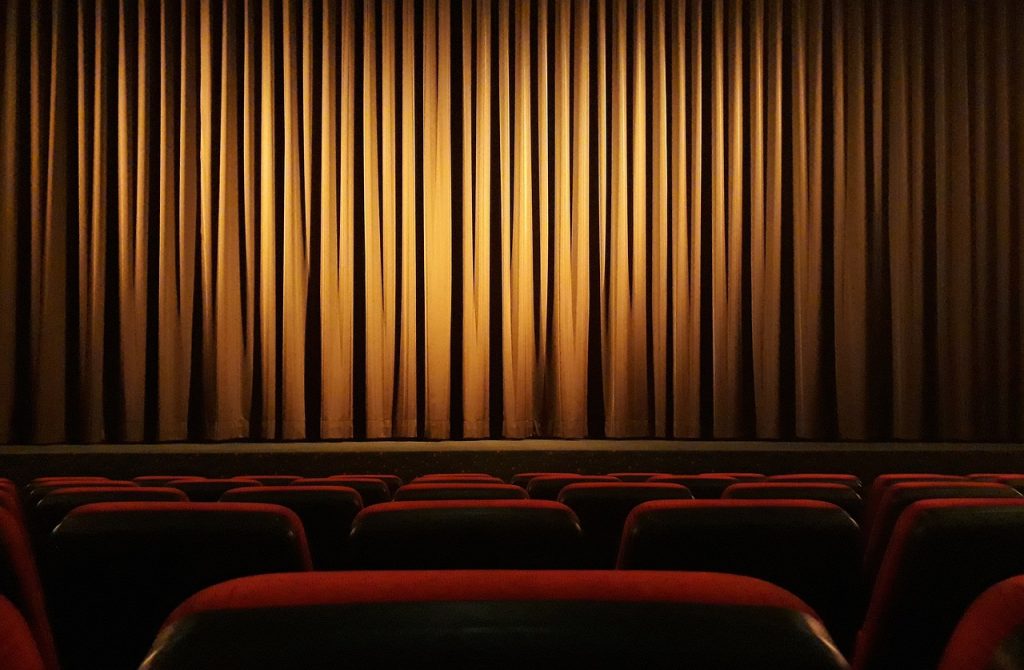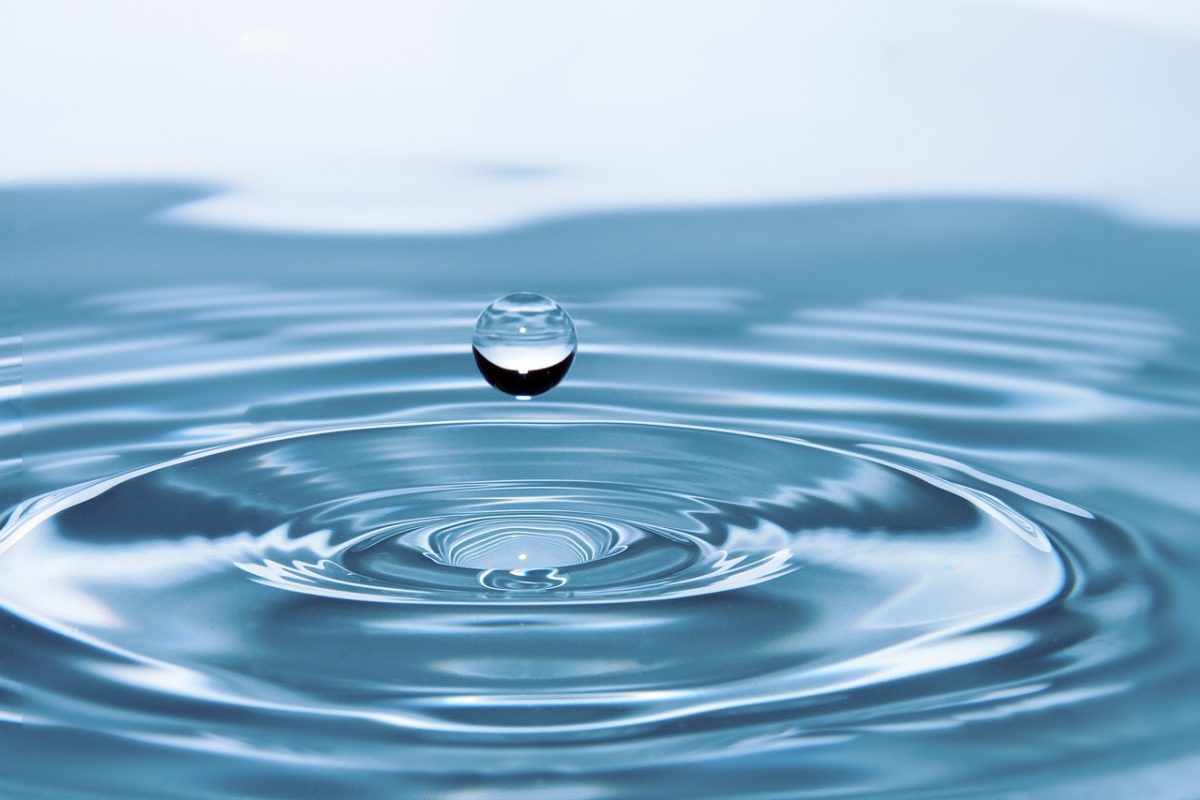Originally published June 10, 2008. Updated March, 13, 2024.
A contrarian by nature, Mark Sisson’s recent counter-conventional post on water (archived) well worth the read. Bucking the mainstream view that we should drink at least eight glasses (64 oz. total) of water per day, Mark exhaustively details the counterpoint, advocating what seems downright obvious: obey your thirst!
Some takeaways from Mark’s post:
- We get a lot of water from our food. Mark argues that paleolithic man likely recieved most of his water from food sources. Example: eating fruit will help satisfy your body’s water requirements.
- Diuretics like coffee, tea and alcohol necessarily contain water, and the diuretic effect only occurs at high, unhealthy doses.
- Drinking a lot of water before or during a meal can thwart digestion by raising pH levels in your stomach. Raised pH levels can result in indigestion or worse: lowered acidity could reduce the stomach’s ability to destroy susceptible pathogens and other creepy crawlers!
- The commonly-held mantra that thirst lags dehydration (i.e. “if you’re thirsty, you’re already dehydrated”) is erroneous. Therefore, as one sugary drink prescribes, “Obey your thirst!” with H2O.
Mark packs a lot more into his post.
I have a thought on water some 15 years after Mark penned his missive — perhaps people are so hellbent on water because “drink more water” is a useful bit of diet theater.

Diet theater is like any other act. It’s a performance. People want to believe they are taking care of themselves — the “job to be done” of drinking 8 cups of water is to feel like you’re doing something productive. And hey, even if it’s just a placebo effect kind of productive, maybe that’s enough.
On a related, technical note, in Good Calories, Bad Calories Gary Taubes explains how carbohydrates induce water retention (Fats do not). Assuming I recall correctly, a fat gram has two times the amount of energy as a carbohydrate gram (9 kcal compared to 4). Furthermore, storing a carb gram requires two grams of water. Therefore, energy equivalence between fat and carbohydrates from a volume standpoint is reached at 1:6 fat to carb/water ratio as follows:
1 gm fat = 9 kcal @ 1 gram volume
2 gm carbohydrate + 4 gm water = 8kcal @ 6 grams volume
Thus we see the efficiency of fat as an energy storage vehicle — a whopping 6x as much energy can be stored in the body as fat relative to the volume it would take to store the same amount of energy with carbohydrates!
Between Mark’s comments and Taubes fat-storage efficiency explanation (Would love an online reference here if anyone can find one), I have to wonder: does a low-carb diet go hand-in-hand with lowered water requirements? At first blush, it seems like the answer would be a resounding yes, but I don’t know. Readers?

One reply on “Mark Sisson: a Contrarian View on Water”
I am glad you enjoyed the article. Thanks for the link and keep in touch. Cheers!